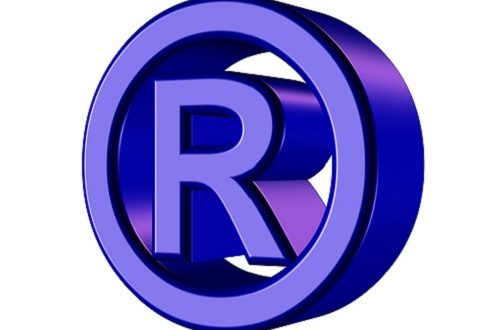Trade-marks uniquely connect a product or service to a business, they can comprise of words, logos, colours and even sounds. If you don’t register them, you have no legal protection. A single applications costs £170 (September 2018).
Conditions
In the UK, trade-marks are registered with the governments Intellectual Property Office (IPO), they follow a worldwide “Nice” classification scheme. This comprises of 45 classes, you can register trade marks in multiple classes.
It’s easier to say what is not acceptable, rather than what it is you can’t.
- Swear words, pornographic images or anything likely to be offensive
- Words directly defining the service or product
- Non-valid descriptions
- Something in common use and/or non-distinctive
- Flags, hallmarks or similar, there are World Intellectual Property Organization guidelines
- They cannot already be registered to someone else
Registering Trade-Marks
By registering your trade-marks you gain legal protection therefore allowing you to take action against someone copying your brand without your authority. It also allows you to trade or licence it. You can add the ® symbol to show it is protected.
Various tools are available on the government site to assist with applying.
- What you can register
- Check if already registered
- Classification Search Tool
- Check if your brand qualifies as a trade mark.
- Apply to register your trade mark.
- Respond to any objections.
Points to note
URLs are not Trade Marks
Just because you have a URL for your website doesn’t protect your brand name, you need to register both.
Think Ahead
You only get protection for the classes you register for. When applying, it’s cheaper to add additional classes than to make another application later. Beware though, if you don’t use a trade mark you can lose it after five years.
Time Limit
You need to renew every ten years.
Patents
Trade marks only cover names etc. in order to protect intellectual property you require patents.
International
For protection beyond the UK, an application can be sought for the countries signed up to The Madrid Protocol.
Broad Thinking
For both your brands and URLs, think ahead and think competitor. It’s worth protecting anything similar against competitors or in case you will need it in the future.
 B2B-Club Connecting SME's Nationwide
B2B-Club Connecting SME's Nationwide


